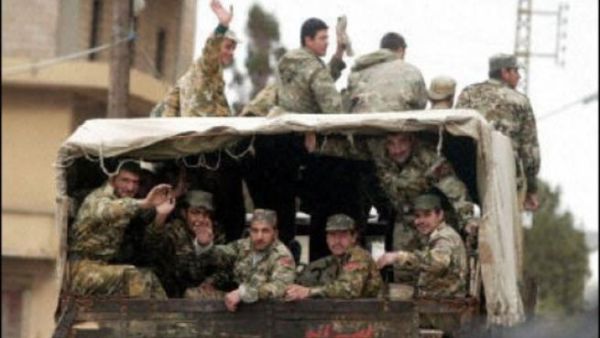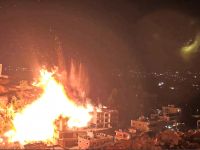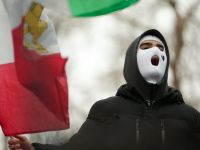The main Syrian opposition body, the Syrian National Council (SNC), announced Sunday that it had elected the Kurdish Abdel-Basset Sida as its new chief. Aged 56, the new leader was the only candidate for the job.
Abdelbasset Sida has been living in exile in Sweden. He succeeds Burhan Ghalioun, who widely criticized after his term was constantly renewed since the inception of the SNC in August 2011.
The SNC is supposed to represent a democratic alternative to the authoritarian regime of President Bashar al-Assad. The Muslim Brotherhood, the most influential player in the SNC, had initially expressed interest in maintaining Burhan Ghalioun at the presidency. But they eventually provided support for Abdelbasset bowing to the protests of opposition activists inside Syria after a third re-appointment of Ghalioun last month.
The new SNC president wants to develop this body, which some accuse of being dominated by Islamists. He plans to begin discussions with other opposition figures, who so far stay outside the SNC. Abdelbaset will now have to convene a plenary meeting in order to elect a new secretary general.
On the ground, the violence continues as at least 83 people were killed Saturday in Syria.
Meanwhile, Russia, which has again called for holding an international meeting on Syria, will not allow the UN Security Council to use force against Damascus, said Saturday the Russian Minister of Foreign Affairs, Sergei Lavrov. "We will not allow the UN Security Council to use of force," insisted Lavrov during a press conference, describing this scenario as "catastrophic".
According to him, new sanctions or military intervention would only "worsen an already difficult atmosphere." Quoted by the Interfax news agency, the Russian Deputy Minister of Affairs Foreign Gennady Gatilov, said his country considers that "it is not necessary at this time to put additional pressure, to introduce sanctions or threatening to use force."







